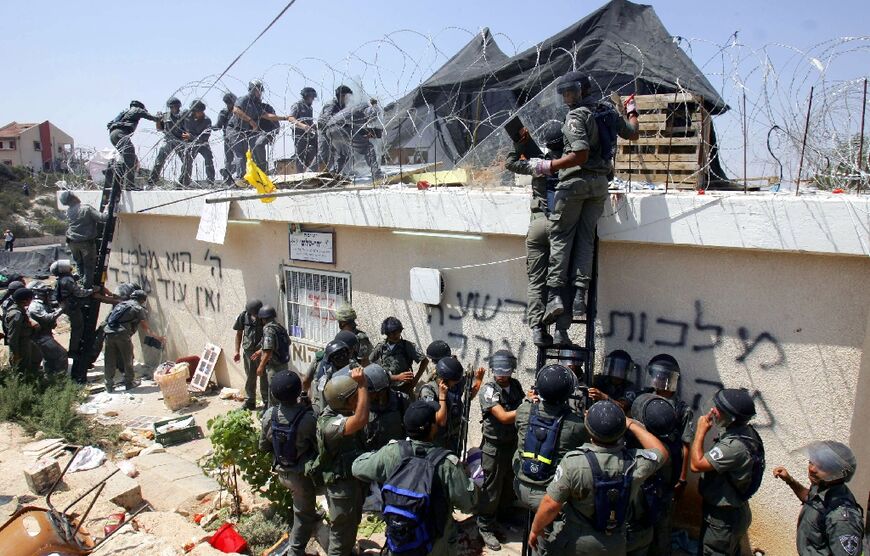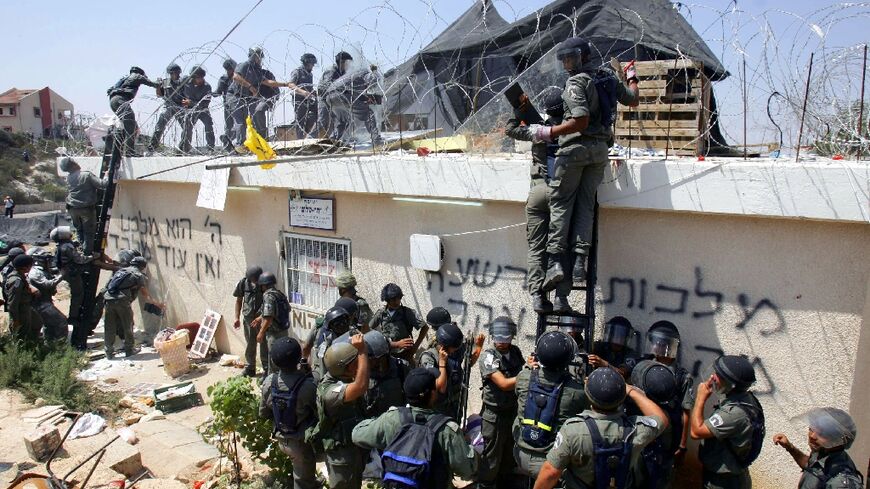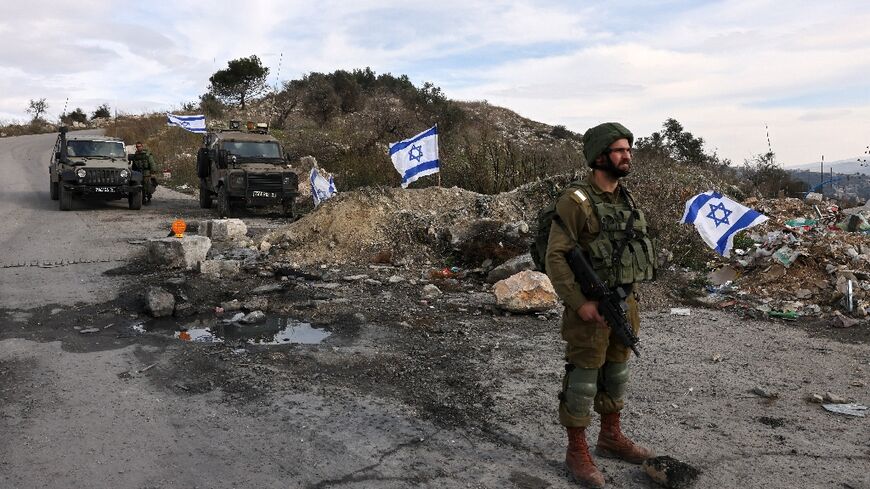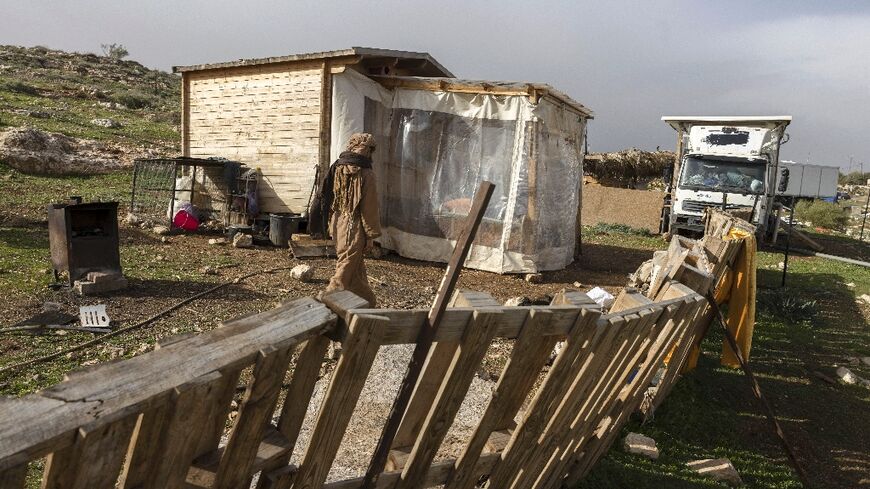West Bank settlers win Israel parliament vote

Israel's settler movement celebrated Tuesday after parliament annulled part of a law banning them from living in areas of the occupied West Bank the government evacuated in 2005.
That year the government of Ariel Sharon oversaw a unilateral withdrawal by Israel from the Gaza Strip, and the removal of Jewish settlers from the Palestinian enclave and four settlements in the northern West Bank.
Legislation passed at the time barred Israelis from staying in those areas, but an amendment approved by lawmakers overnight Monday-Tuesday permits Israelis to return to the West Bank settlement sites near the city of Nablus.
Prime Minister Benjamin Netanyahu returned to power in December at the helm of one of the most right-wing administrations in the country's history.
He vowed to expand settlements across the West Bank.
Israel distinguishes between wildcat outposts, built without its permission, and state-approved settlements which are home to an estimated 475,000 Israelis.
All settlements in occupied territory are deemed illegal under international law.
The parliamentary vote notably paves the way for Israeli authorities to formally allow settlers to return to Homesh, the only one of the four sites whose residents were forcibly removed before their homes were demolished.
Israel's ally Washington said the move was "provocative" and in violation of promises to the US.
"The United States is extremely troubled that the Israeli Knesset has passed legislation rescinding important parts of the 2005 disengagement law," State Department spokesman Vedant Patel told reporters.
With violence surging in the Israeli-Palestinian conflict, the UN Security Council last month called on all parties to "refrain from provocative actions".
The council expressed its "strong opposition to all unilateral measures that impede peace -- including Israeli construction and expansion of settlements, confiscation of Palestinians' land and the 'legalisation' of settlement outposts."
Israel's far-right settler lobby has made Homesh, which was home to 70 families in 2005, a symbol of their cause.
A small group of activists returned to the site in 2009 and built a yeshiva, a Jewish seminary, which was evacuated dozens of times by Israeli forces until the military ultimately allowed them to stay.
- 'Messianic revolution' -
Israel's far-right Finance Minister Bezalel Smotrich, himself a West Bank settler who has claimed "there isn't a Palestinian people", heralded the parliamentary vote as "historic".
The legislative move "advances the regularisation of our presence at Homesh," he wrote on Twitter, as further steps are needed before the government allows its citizens to return en masse to the site.
Patel, the State Department spokesman, called Smotrich's denial of the Palestinians' existence "inaccurate" and also "dangerous."
France's Foreign Ministry on Tuesday described the Israeli minister's remarks on the Palestinians as "irresponsible," after Arab condemnations of the minister as "racist."
Limor Son-Har Melech, an extreme-right lawmaker who lived in Homesh in 2005, described the vote as a moment of "boundless joy".
But Israeli anti-settlement movement Peace Now said the parliamentary decision would spark the construction of more West Bank outposts.
"A Messianic revolution is taking place... this government will inevitably destroy our country," Peace Now wrote on Twitter.
The Palestinian Islamist group Hamas, which rules Gaza, described the vote as a "crime" and called on the international community to "stop the settler-colonial occupation violations".
In December 2021, an AFP photographer saw the seminary and a dormitory at the site, which was being guarded by the Israeli military.
Last year, clashes broke out between Israeli security forces and Palestinians from the village of Burqa who claim they own the land on which Homesh was built.
The Palestinian residents were protesting the return of settlers to Homesh. They also appealed to Israel's supreme court, which in January gave the government 90 days to justify why authorities have not evicted Israelis who returned to the site.







